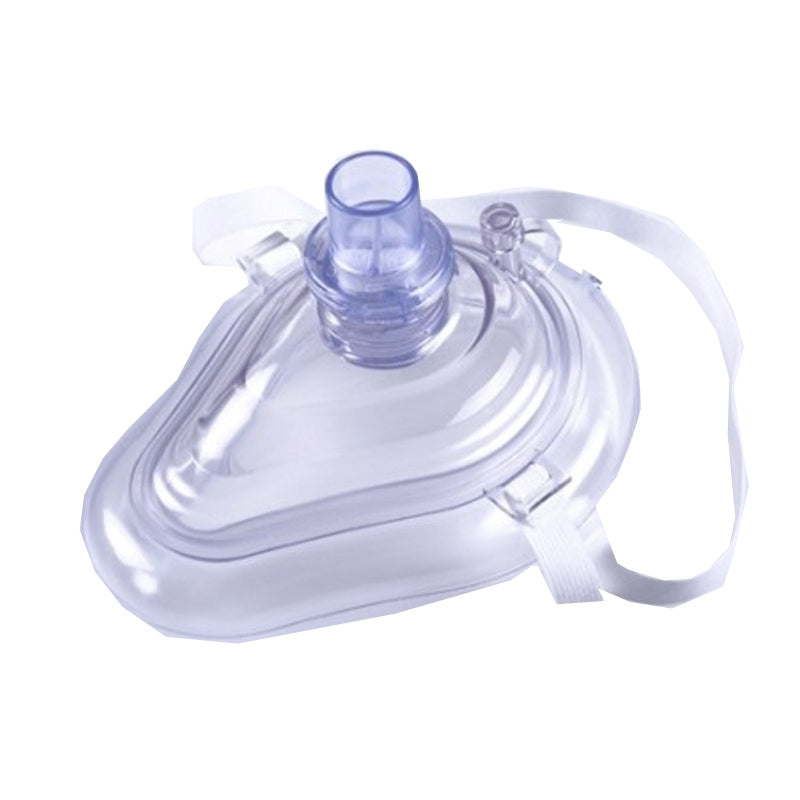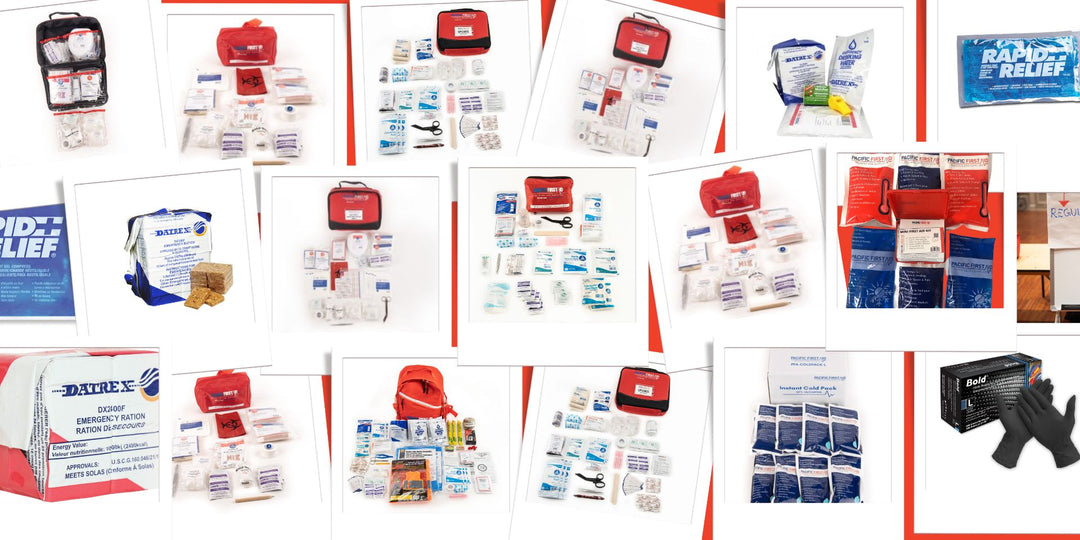
5 Tips To Fight Seasonal Depression
Photo Credit: Dan Meyers
When the days get shorter and the weather gets colder, many people feel a shift in their energy. They can lose motivation, feel down and tired. Seasonal affective disorder (SAD) is a form of seasonal depression that’s triggered during the winter months. Many of the symptoms start in the fall and continue until early spring or summer.
At Pacific First Aid, we offer two courses that specialize in mental health first aid training We teach you how to recognize mood-related disorders, anxiety and much more. Thankfully, when it comes to seasonal affective disorder, there are a few things you can do. Read more for more tips.
To start, let’s identify the symptoms:
- Feeling depressed most of the day
- Losing interest in hobbies/activities you enjoy
- Low energy
- Problems sleeping
- Changes in appetite (weight loss or gain)
- Feeling agitated, guilty, worthless
- Difficulty concentrating
- Thoughts of death or suicide (in extreme cases)
If you have a previous history of struggling with mental health, the best thing you can do is come up with preventative solutions.
Light Therapy
Light therapy affects the brain chemicals that are linked to mood, sleep and helping with SAD symptoms. It’s recommended that those going through seasonal depression try light therapy boxes. They’re designed to mimic sunshine, significantly brighter than regular light bulbs and provide different wavelengths. When you sit by your light box, it will stimulate your body’s circadian rhythm and suppress the release of melatonin.
Dawn Simulators
Dawn simulators come as alarm clocks but rather than waking you up with ringing and beeping, they produce light that gradually increases in intensity, exactly like the sun. You can buy different models but the most effectives ones use full-spectrum light.
Exercise
As it does with many other illnesses, both physical and mental, exercise is a great way to boost dopamine and serotonin levels, which will naturally increase happiness. When it is too cold to go outside for a jog or bike ride, consider doing yoga at home, going to group fitness classes or homeworks. This can also help with weight gain, another symptom of seasonal depression.
Vitamin D
Low levels of vitamin D have been linked to seasonal affective disorder. According to one study, “Vitamin D has been reported in the scientific and lay press as an important factor that may have significant health benefits in the prevention and the treatment of many chronic illnesses. Most individuals in this country have insufficient levels of vitamin D. This is also true for persons with depression as well as other mental disorders.” If you feel this applies to you, talk to your doctor first and get a vitamin D test. From there, you can find out if you need any further supplements.
See A Doctor
If it gets to the point where you can’t get out of bed, speak to a mental health professional. After taking some tests, you can determine if it’s seasonal affective disorder and go from there.
If this is a pattern you notice on a yearly basis, then it could be seasonal affective disorder. Take note of how you’re feeling and the best thing you can do is be proactive. At Pacific First Aid, we offer both mental health first aid in Vancouver and psychological first aid. These courses will teach you to identify mental health disorders and how you can help those dealing with it.






